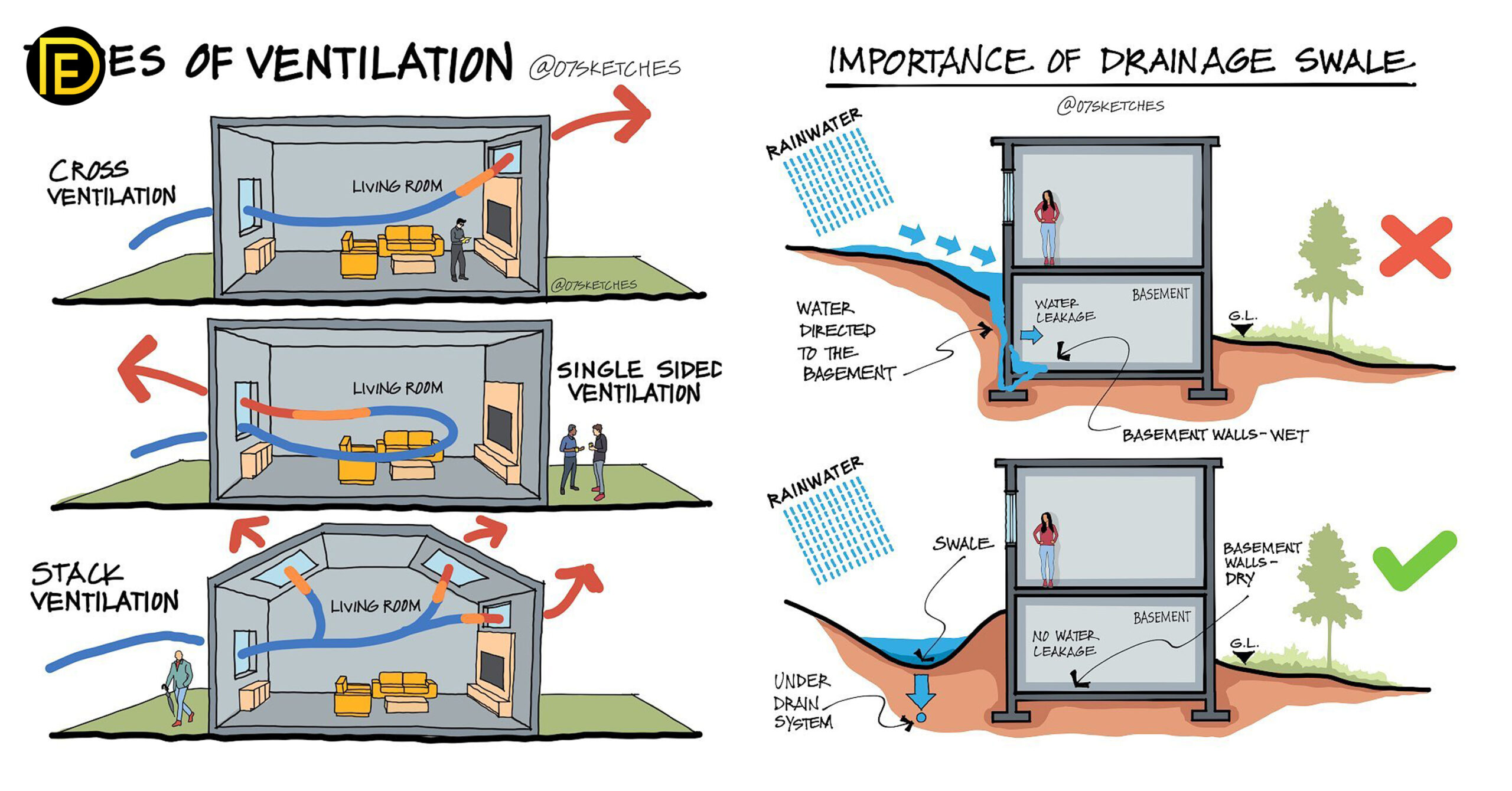Do you frequently interact with Spanish speakers and struggle to comprehend the phrase “¿Qué Pasa?”? If so, you’re not alone. This common Spanish expression can have multiple meanings, leading to confusion and awkward moments. Fret not! This comprehensive guide will empower you with a thorough understanding and appropriate responses to “¿Qué Pasa?”
Why “¿Qué Pasa?” Matters

Buy Qué Dice la Biblia (Narración en Castellano) [What the Bible Says – Source www.desertcart.lk
“¿Qué Pasa?” is a versatile phrase that can convey a range of emotions and intentions. Its versatility can be both a blessing and a curse. On the one hand, it allows for flexibility in communication. On the other hand, it can lead to misunderstandings if the context is not clear.
Unveiling the Mystery of “¿Qué Pasa?”

¿que pasa con lo que comemos? by Planeaciones.Net – Issuu – Source issuu.com
The literal translation of “¿Qué Pasa?” is “What’s happening?” However, its meaning extends far beyond this simple question. It can be used as a greeting, an inquiry about someone’s well-being, or an expression of concern. The tone of voice and context will often determine the intended meaning.
Common Responses to “¿Qué Pasa?”

Buy Social Work Licensing Masters Exam Guide and Practice Test Set: A – Source www.desertcart.ae
When someone asks you “¿Qué Pasa?”, there are several appropriate responses you can give. Some common options include:
- “Nada” (Nothing)
- “Todo bien” (Everything’s good)
- “¿Qué tal?” (What’s up?)
A Personal Experience with “¿Qué Pasa?”

Comment lire le résultat d’une analyse sanguine – Source fr.wikihow.com
I vividly recall an incident during my travels in Mexico. As I strolled through a bustling market, a friendly vendor approached me with a warm “Hola!” and a curious “¿Qué Pasa?” Initially, I was taken aback, but after a moment, I realized he was simply inquiring about my well-being. I responded with a cheerful “Todo bien, gracias,” and we engaged in a pleasant conversation about the local crafts.
The History and Evolution of “¿Qué Pasa?”

Comprehensive Guide And Illustration By 07sketches – Daily Engineering – Source dailyengineering.com
The phrase “¿Qué Pasa?” has a rich history and cultural significance. Its origins can be traced back to the early 16th century, when Spanish explorers arrived in the Americas. Over time, the phrase has undergone various transformations, reflecting the evolving language and customs of the Spanish-speaking world.
Unveiling the Hidden Secrets of “¿Qué Pasa?”

Bài mẫu band 8.0 IELTS Writing Task 2 ngày 11/06/2022 | dol.vn Tự học – Source www.dolenglish.vn
Beyond its literal meaning, “¿Qué Pasa?” holds deeper cultural nuances. In some contexts, it can be used as a way to express empathy or solidarity. For instance, if you witness someone struggling with a task, you might say “¿Qué Pasa?” to offer your assistance or show that you understand their situation.
Expert Recommendations for Mastering “¿Qué Pasa?”
Understanding Subleasing: A Comprehensive Guide – Source www.realvantage.co
To effectively navigate the complexities of “¿Qué Pasa?”, consider the following expert recommendations:
- Pay attention to the tone of voice and context.
- Don’t be afraid to ask for clarification if you’re unsure of the intended meaning.
- Practice using the phrase in different situations to build confidence.
Further Exploration of “¿Qué Pasa?”

Understanding Price Lists: A Comprehensive Guide | Oil Ship Brand – Source oilshipbrand.com
To delve deeper into the intricacies of “¿Qué Pasa?”, explore these additional resources:
- SpanishPod101: https://www.spanishpod101.com/spanish-phrases/que-pasa/
- StudySpanish.com: https://www.studyspanish.com/grammar/lessons/que-pasa
Tips for Using “¿Qué Pasa?” Like a Native Speaker

¿Qué pasa con Terrorbyte para GTA? – Guide Achat Gamer – Source www.guideachatgamer.com
To enhance your ability to use “¿Qué Pasa?” like a native speaker, consider these tips:
- When greeting someone, use a friendly and enthusiastic tone.
- When inquiring about someone’s well-being, be genuine and compassionate.
- When expressing concern, use a sympathetic and supportive tone.
“Fun Facts” about “¿Qué Pasa?”

Your Guide to Understanding Health Insurance – Wellness – Source blogs.winona.edu
Here are some fun facts about “¿Qué Pasa?” to enrich your knowledge:
- The phrase has been used in popular culture, including in movies, TV shows, and music.
- In some Spanish-speaking countries, “¿Qué Hay?” is a common variation of “¿Qué Pasa?”
- The phrase can also be used in a rhetorical sense, simply to get someone’s attention.
How to Master “¿Qué Pasa?”
Mastering the use of “¿Qué Pasa?” requires consistent practice and immersion in the Spanish language. Engage in conversations with native speakers, watch Spanish-language movies and TV shows, and read Spanish literature to develop a natural feel for the phrase.
What if “¿Qué Pasa?” is Misunderstood?
Misunderstandings can occur when using “¿Qué Pasa?” To avoid this, be aware of the context and tone of voice. If you’re uncertain about the intended meaning, don’t hesitate to ask for clarification. A simple “Perdón, ¿qué quiso decir?” (Excuse me, what did you mean?) can clear up any confusion.
A Listicle of “¿Qué Pasa?”
Here’s a listicle summarizing the key points about “¿Qué Pasa?”
- It means “What’s happening?” but has multiple meanings.
- Common responses include “Nada” (Nothing) and “Todo bien” (Everything’s good).
- Pay attention to the tone of voice and context.
- Practice using the phrase in different situations.
- Be aware of cultural nuances and hidden secrets.
Frequently Asked Questions about “¿Qué Pasa?”
- Q: What is the literal translation of “¿Qué Pasa?”
A: “What’s happening?” - Q: When should I use “¿Qué Pasa?”
A: As a greeting, inquiry about someone’s well-being, or expression of concern. - Q: How do I respond to “¿Qué Pasa?”
A: With “Nada” (Nothing), “Todo bien” (Everything’s good), or “¿Qué tal?” (What’s up?) - Q: What are some cultural nuances of “¿Qué Pasa?”
A: It can express empathy or solidarity.
Conclusion
Understanding and responding to “¿Qué Pasa?” is essential for effective communication in Spanish-speaking environments. By mastering the nuances and cultural significance of this versatile phrase, you can navigate interactions with confidence and build stronger connections with Spanish speakers.
